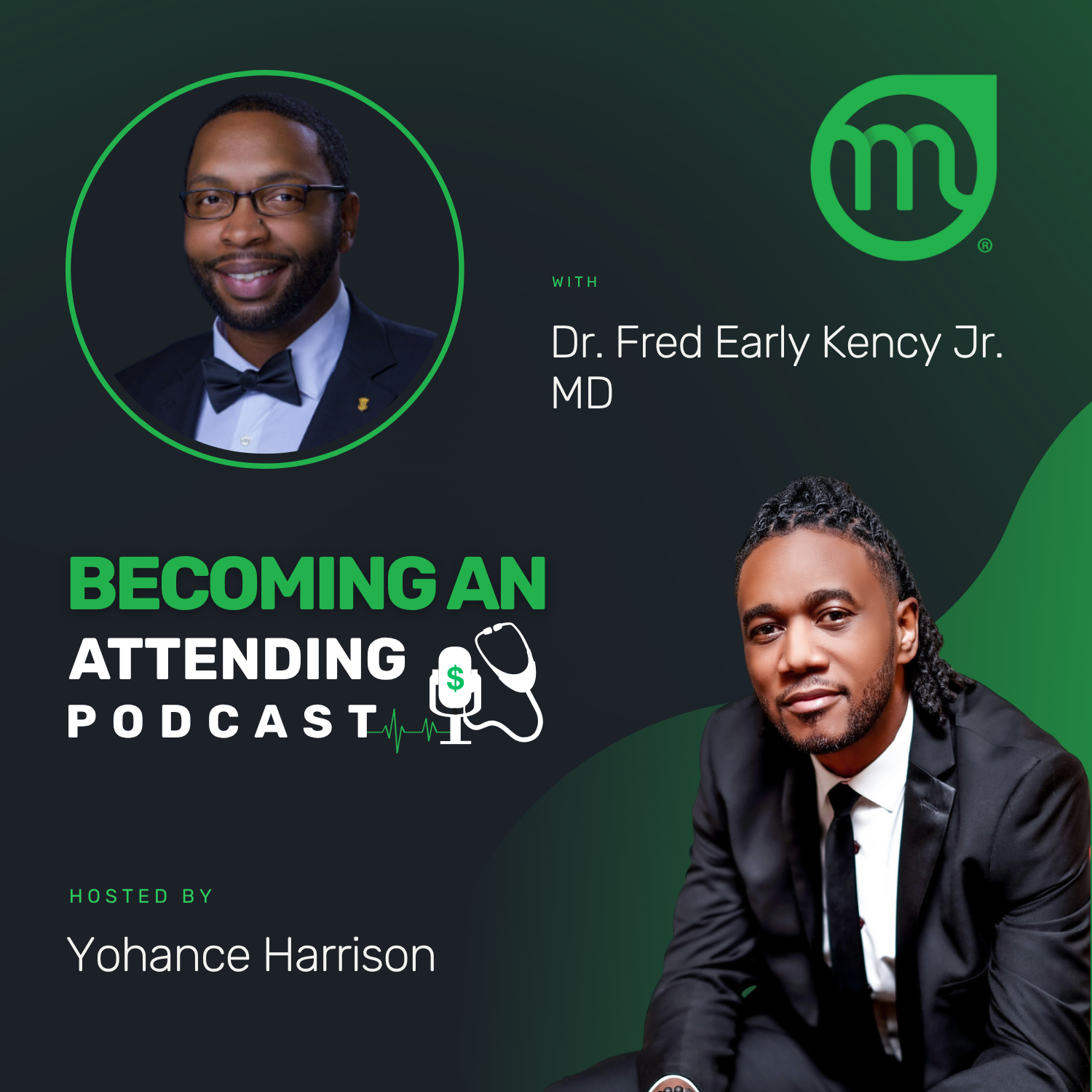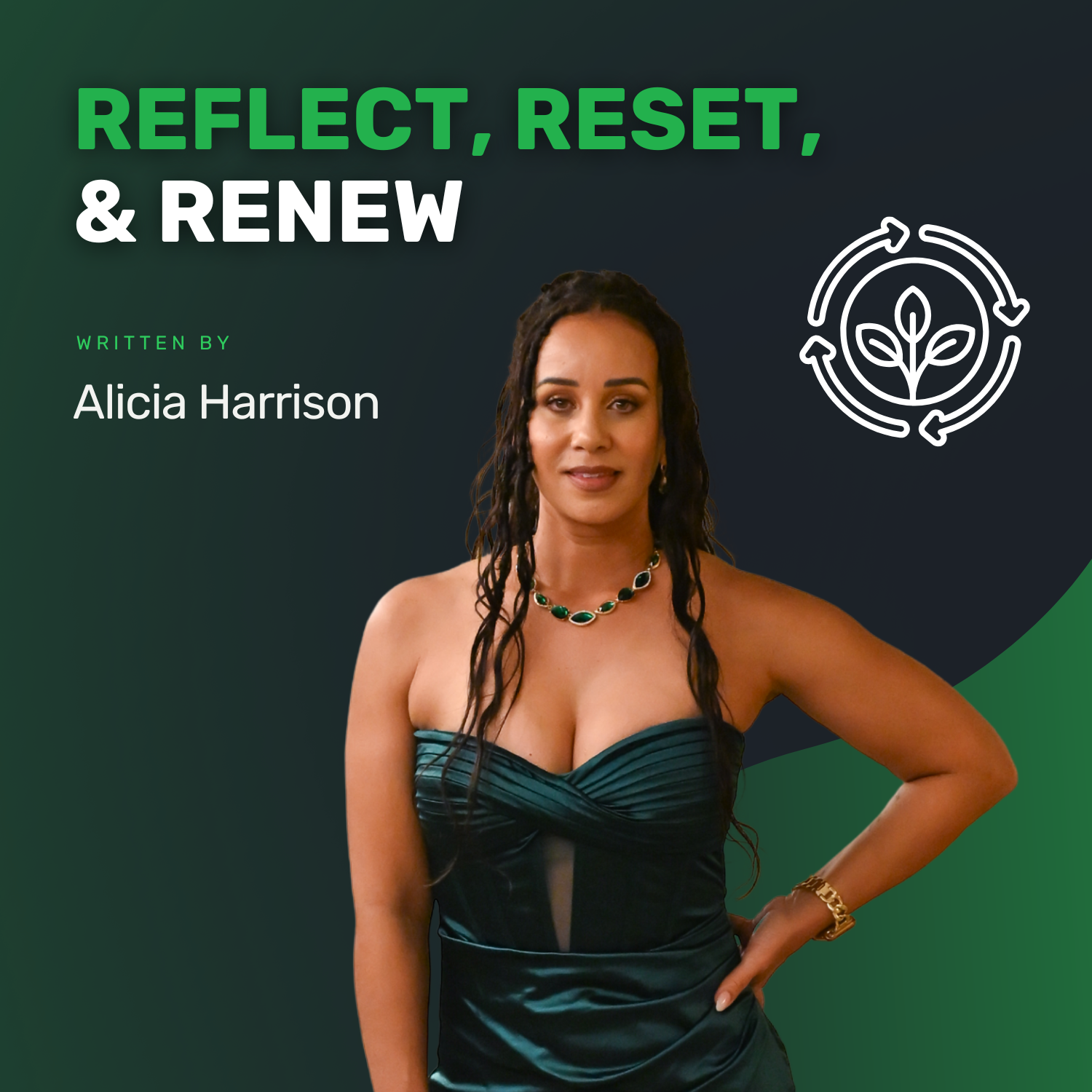
Outsmart Burnout and Lifestyle Creep: Lessons from Dr. Fred Kency
Outsmart Burnout and Lifestyle Creep: Lessons from Dr. Fred Kency
Transitioning from resident to attending isn’t just a career shift. It’s an identity reset. Suddenly, you’ve got more responsibility, more income—and less room for error.
In this episode of Becoming an Attending, I sat down with Dr. Fred Kency Jr., a seasoned emergency doc who’s navigated military deployments, medical school, and now, the minefield of burnout and financial pressure. Here’s what every future (and current) attending needs to hear.
Burnout Starts Early—and Hits Hard
Fred didn’t wait until his attending years to feel the pressure.
- During his military GMO tour, he was responsible for the readiness of 700 sailors. "I had to be at 95% readiness, all the time," he said. "It was relentless."
- Residency brought a new kind of stress. "We worked 18, 19 days a month. I had a wife, a child, and I was trying to keep up academically."
Burnout looked like:
- Dreading his next shift
- Snapping at home
- Mentally checking out
Sound familiar?
Recovery Begins with Decompression
Fred didn’t just push through—he got intentional. His go-to remedy? Nature.
"Fishing resets my mind. I keep a pole and a bucket in the back of my truck at all times."
You need your version of a fishing pole. Try:
- Cooking, but not just microwave meals—actual recipes
- Hiking without headphones
- Journaling, painting, photography
- Even football Sundays (yep, we talked about the Cowboys, begrudginly)
Just pick something that isn’t tied to medicine—or productivity. Your brain needs off-duty hours too.
Diversify Your Life, Not Just Your Portfolio
Fred isn’t stuck in the ER grind. He teaches CPR, reviews medical legal cases, runs a cannabis clinic, and still finds time to travel. This variety:
- Keeps him from burnout
- Maintains his joy for emergency medicine
- Gives him flexibility
"I used to work 15 shifts a month. Now it’s 10. That change made all the difference."
Think beyond the hospital.
Academics, side businesses, consulting—these aren’t distractions. They’re insurance policies for your mental health.
Lifestyle Creep Is a Trap (Even for the Disciplined)
Fred and his wife bought a house right after residency. Against his own advice. "We had our third child, needed space, and I wanted to sleep at night."
But they kept their guardrails:
- Basic truck, not luxury SUV
- No financed vacations
- Retirement accounts come first
"I refuse to pay for a trip five months after I get home."
When income quadruples, restraint is hard. But if you let lifestyle dictate your shifts, you’ll lose control—fast.
So here’s the formula:
- Don’t upgrade everything at once
- Fund your freedom, not your flex
- Stick to what actually brings you joy
Four Steps for New Attendings
Fred’s advice for graduating residents? Simple and direct.
- Cut your spending—fast.
Look at the last 3 months. Trim every nonessential. Your subscriptions aren’t sacred. Neither is DoorDash.
- Know your loans.
Log into FAFSA and check repayment start dates. Missed private loan payments can tank your credit—fast.
- Stay grounded.
Don’t let your new salary make you unrecognizable. More income ≠ new identity.
- Get help.
A fee-based financial advisor who understands physicians can help you map the next 5 years. This isn’t just about investing. It’s about direction.
"You worked too hard to get here. Don’t throw it away chasing stuff you don’t need."
What’s Next for You?
Burnout and lifestyle creep are built into the system. But they don’t have to be part of your story.
Think of this moment—your transition from resident to attending—as your launchpad. You can fly or you can flame out. The difference?
- Your plan.
- Your people.
- Your perspective.
So ask yourself:
- What's your decompression strategy?
- Are you working shifts to fund your joy—or your stress?
- Who’s helping you run your playbook?
If you don’t have clear answers, it’s time to talk. Let’s connect.
🧠 Behavioral insight: Setting automatic limits—like pre-funding trips or defaulting retirement contributions—leverages precommitment bias, helping you make smarter decisions when emotions run hot.

.svg)





